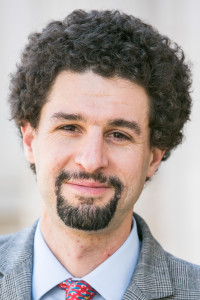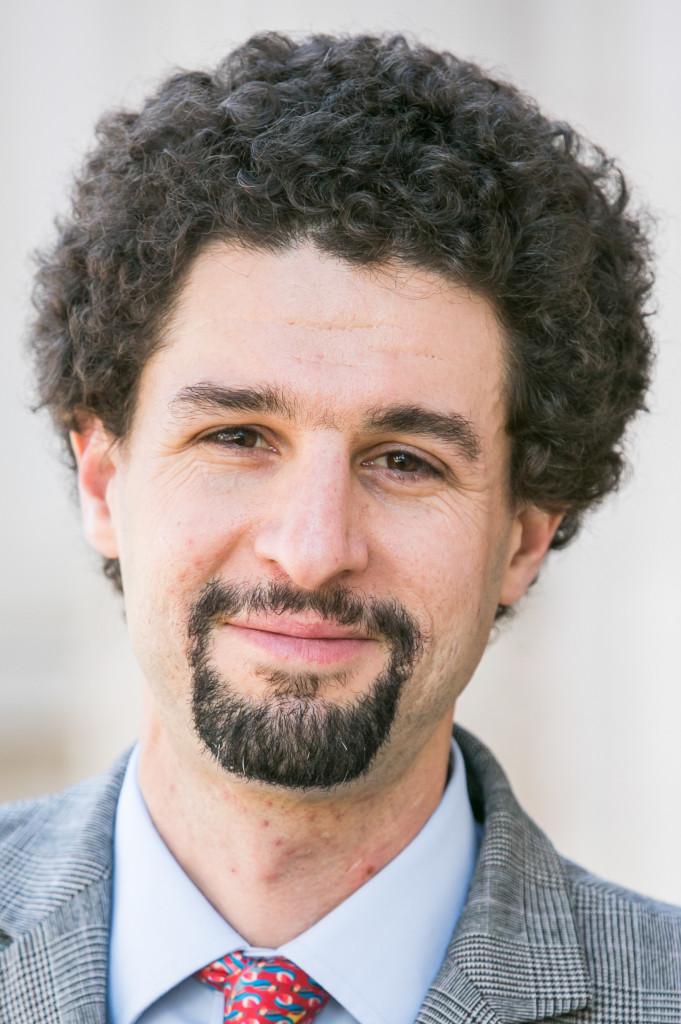Based on his research on gulags in Soviet forced labor camps, Dr. Alan Barenberg of Texas Tech University will be speaking today, Feb. 27, in ARH 302 at 4:15 p.m. Barenburg will be discussing subjects described in his recent book, “Gulag Town, Company Town: Forced Labor and Its Legacy in Vorkuta,” which was published last fall by Yale University Press. The term “gulag” is an acronym for a Soviet bureaucratic institution that administered society-forced labor camp systems during the Stalin era.
Grounded in his studies of the Arctic community of Vorkuta, a coal-mining town in Russia, Barenberg intends to survey a more encompassing perspective on the Gulag.

Photo contributed.
He will also work as a commentator on a panel featuring summer MAP students who worked with Professor Edward Cohn, History, researching Soviet Secret Police. Cohn’s students presented their research on Thursday, and Cohn stated that Barenburg was important to bringing a new voice to campus.
“I was interested in bringing him to the campus because of the quality of his scholarship, his background in liberal arts and his suitability for his particular role as a discussant on the panel,” Cohn said.
As an assistant professor of history at Texas Tech, Barenburg specializes in teaching the history of the Soviet Union and concentrates specifically on the social and economic history of the Union in the 1930s-1970s. He said that he was grew enamored with Soviet history when he first took a freshman seminar on the history of the Russian Revolution. After various study abroad trips to Russia, Barenberg found it a place so rich in culture and history that he left, eager to learn more about it.
“I was hooked,” Barenberg said. “Russia has an amazing history, not a necessarily happy one, but when you have a country that incarcerates millions of people in a massive system of forced labor and prisons and then releases those people back into society, that is something interesting to study.”
Consequently, Barenberg was drawn to research the Soviet forced labor camp system. He was particularly intrigued by the Vorkuta outpost, one of the largest prison complexes in the entire Soviet Union and also located above the Arctic Circle. He explained that he decided to study its construction as a prison camp complex and its transition into a coal mining town where many prisoners lived after their release.
Contrary to prior studies that argued the gulag was an archipelago, an island isolated from society, Barenberg argues that Vorkuta was an active urban center. He cites his own research, which shows that the borders that divided the prisoners and non-prisoners were permeable, allowing prisoners to transition into civilian life later on.
“[I seek to] complicate the way that we think about the relationships between prisons and incarcerations and society in general, particularly the Soviet Union, but the relation in other societies as well,” Barenberg said.



















































